our services
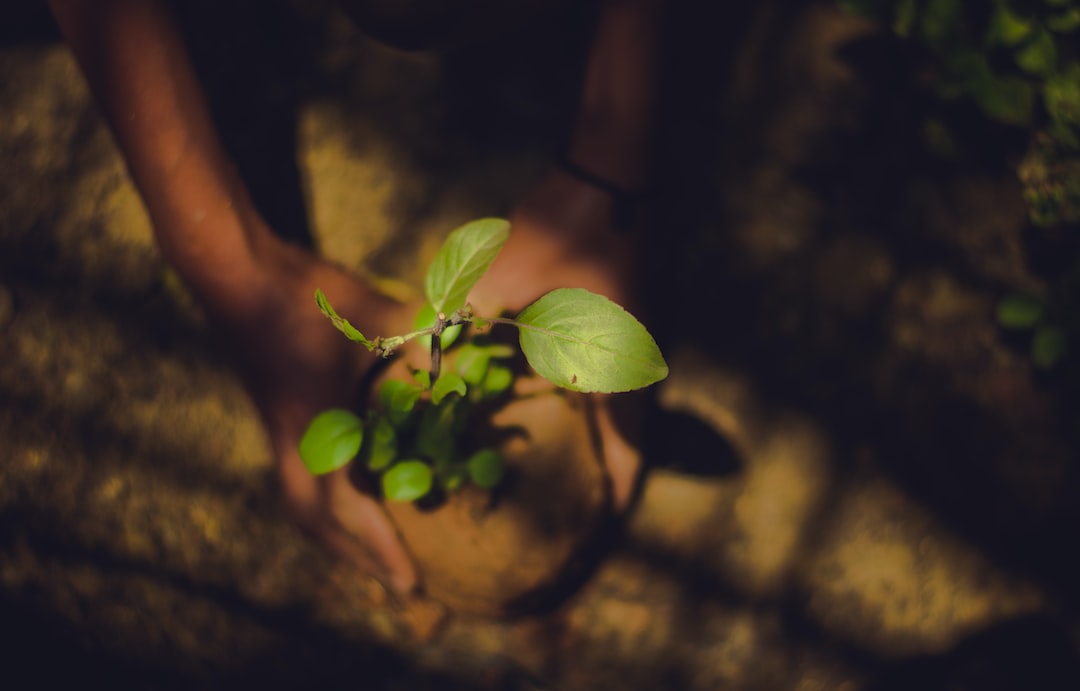
Afforestation
Our tree planting division deals with tree planting for the purpose of giving vast areas a green-boost, creating jobs and sequestering carbon dioxide (CO2) from the atmosphere
while making economic gains with carbon offsets also known as “carbon credits”. Thus by doing tree-planting on a mass-scale in huge areas would not only make a big difference for
the climate but would also boost the economies in the areas affected and increase biodiversity. The trees not only sequester carbon dioxide but also act to cool the surrounding area by absorbing the heat from the sun. Afforestation creates jobs and aids the local businesses.

Environmental Toxicology Risk Assessment
Risk assessment is the tool used to determine if human or ecological receptors could be affected by impacts in soil, groundwater, air, surface water or sediment. If impacts are identified as concerns, our team of experienced assessors can then determine what actions could be taken to mitigate these risks.
Nordic Climates Initiative’s Risk Assessment practice supports permitting, restoration, remediation and reuse projects through a technical analysis of the potential for risk. Risk assessors are typically the first environmental professionals to critically evaluate environmental data as part of the site investigation process.
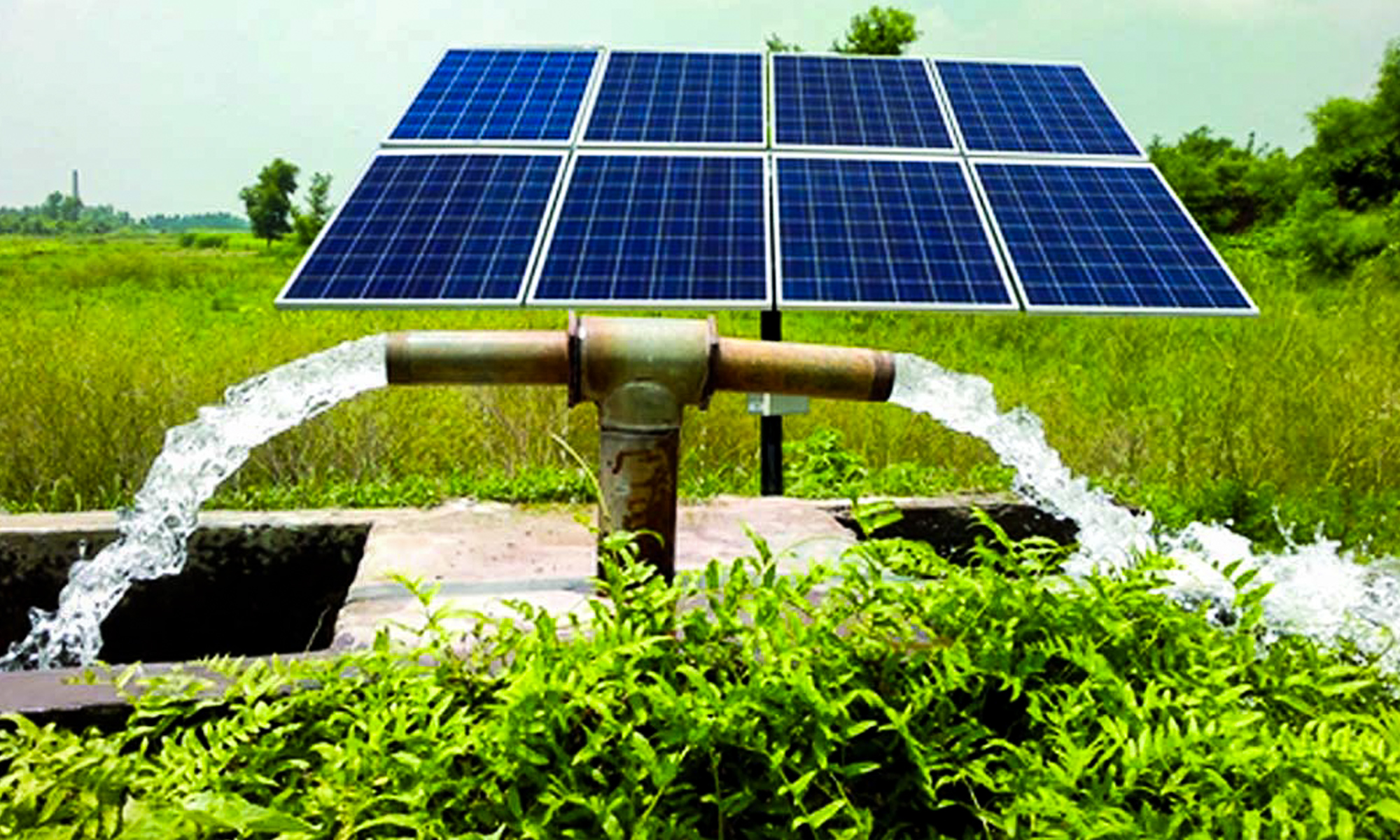
Borehole Drilling & Water Management
Our water division deals with borehole drilling, purification, storage and economically sound manufacture of water for cities,
villages, farmers and private households. We operate mainly on the African continent, on occasion in the Middle East and Europe. We are also a part of a community called “Sweden African Water” that deals with water extraction and manufacture in Africa.
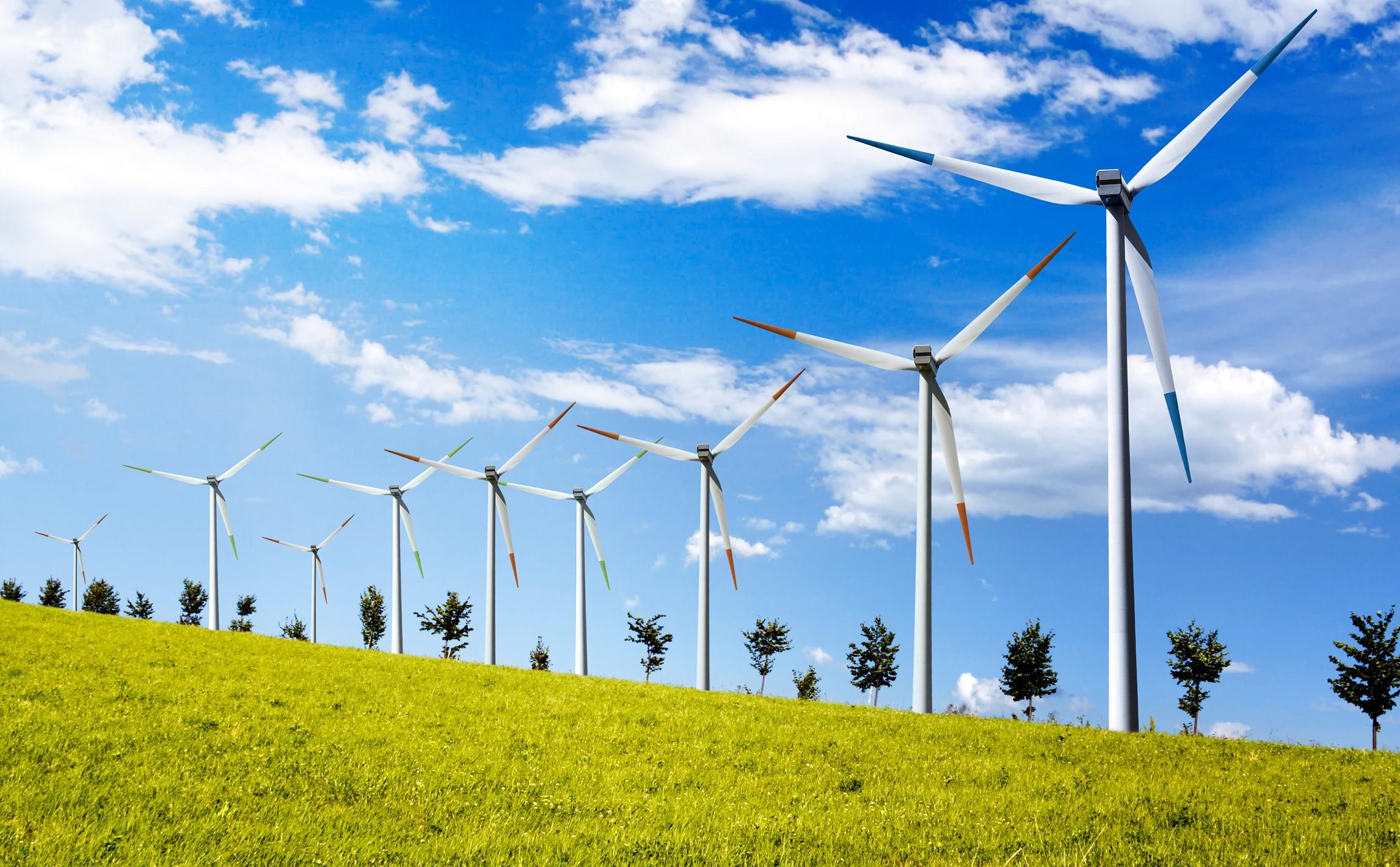
Renewable Energy
Our Renewable Energy team´s aim is to facilitate a green energy transition by enabling grid-connected solar power panels in aggregates and wind turbines at a low cost and high quality using the latest that technology can offer. The goal is to create energy that is sustainable, clean and affordable especially for remote settlements.
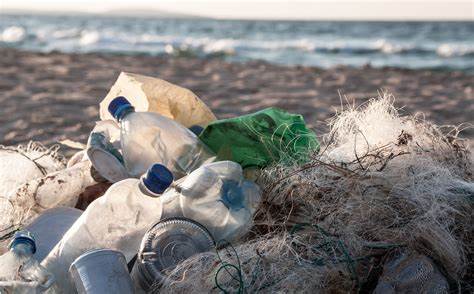
Waste Management
Waste management includes the processes and actions required to manage waste from its inception to its final disposal. This includes the collection, transport, treatment, and disposal of waste, together with monitoring and regulation of the waste management process and waste-related laws, technologies, and economic mechanisms.
Waste can be solid, liquid, or gases and each type has different methods of disposal and management. Waste management deals with all types of waste, including industrial, biological, household, municipal, organic, biomedical, radioactive wastes. In some cases, waste can pose a threat to human health.

Infrastructure
This team deals with the set of facilities and systems that serve a country, city, or other area, and encompasses the services and facilities necessary for its economy, households and firms to function. Infrastructure is composed of public and private physical structures such as roads, railways, bridges, tunnels, water supply, sewers, electrical grids, and telecommunications (including internet connectivity and broadband access). In general, infrastructure has been defined as “the physical components of interrelated systems providing commodities and services essential to enable, sustain, or enhance societal living conditions” and maintain the surrounding environment.
Why Nordic Climate Initiative
We believe in creating an economically and environmentally
sound model that incentivises people within the communities we
operate in to help and aid in our endeavour and also make
monetary- as well as overall welfare -gains. We work closely with local and non-local NGOs, financial institutions such as the World Bank, aid organizations and governments for the attainment of funds and specialists, when initiating and implementing our projects.
